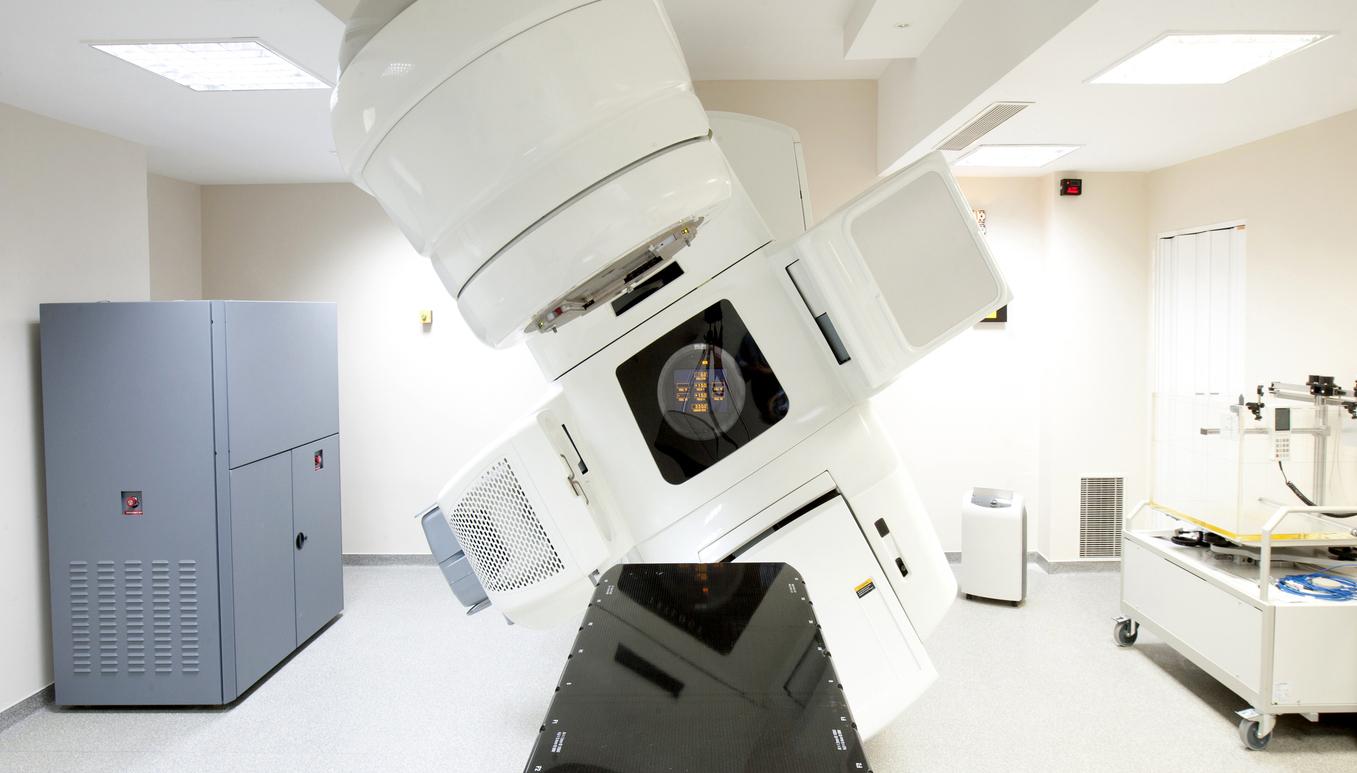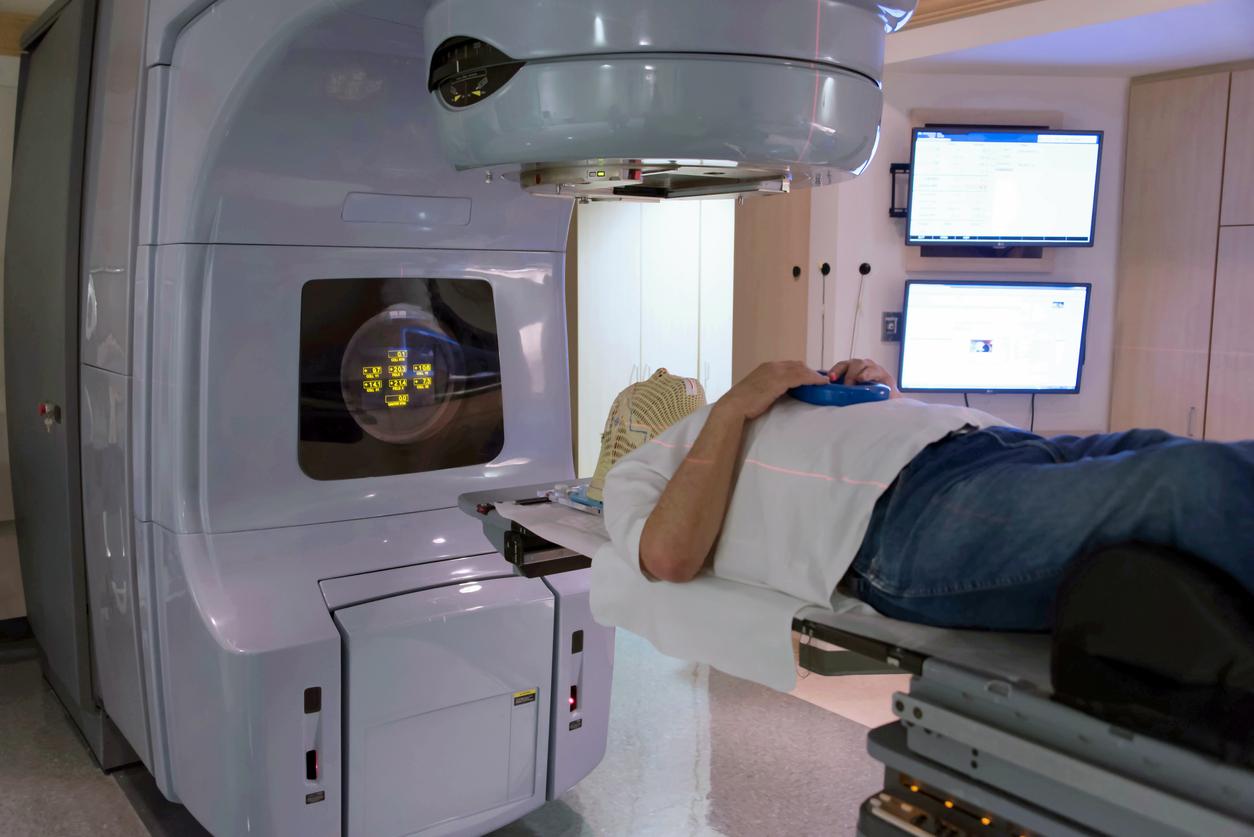In patients with breast cancer, bilateral mastectomy does not improve survival compared to conservative treatment, according to two US studies.

When one is suffering from breast cancer, and a mastectomy is being considered, the temptation is great to have the second breast removed in order to avoid a 2th Cancer. Because the risk of recurrence is then multiplied by two. However, two studies show that this radical solution does not increase patient survival compared to lumpectomy associated with radiotherapy.
The first, published in JAMA, was conducted in California on 190,000 women diagnosed between 1998 and 2011. 55% of patients had received conservative treatment, nearly 40% had unilateral mastectomy and 6 , 2% bilateral mastectomy. And the results show that 10-year mortality was 16.8% with lumpectomy and radiotherapy, 18.8% with bilateral ablation, and 20% with unilateral ablation. The other study is not observational but theoretical, and it uses models with a fictitious cohort to assess the effectiveness of treatments at 20 years. It is published in the Journal of the National Cancer Institute. And here again, the difference in survival depending on the treatment is not significant.
The number of double mastectomies multiplied by 10 in the United States
These results are important as more and more women turn to bilateral mastectomy. In the United States, the percentage of women under 40 who have opted for this double surgery has increased from 3.6 to 33% in just over 10 years. And the media coverage of actress Angelina Jolie’s decision last year has fostered this trend.
However, the authors of the study emphasize that mastectomy is a major intervention, which then requires breast reconstruction. For Dr Dominique Stoppa-Lyonnet, head of the oncological genetics department at Institut Curie, contralateral surgery should be reserved for women who have a family history, and who carry the predisposing genes BRCA 1 and BRCA 2.
Dominique Stoppa-Lyonnet, head of the oncological genetics department at Institut Curie: “The decision of contralateral mastectomy must be discussed in women who are in a context of predisposition, but for others it is of no interest”
As for unilateral mastectomy, the JAMA study shows that the survival gain is slightly lower than with bilateral mastectomy and than with lumpectomy associated with radiotherapy. But according to Dr Stoppa-Lyonnet, this is because they were performed on women with more severe tumors.
In France, doctors have a more conservative attitude than their American colleagues, and very rarely opt for a double mastectomy in women without a risk factor. The results of these new studies support their choice.
.















